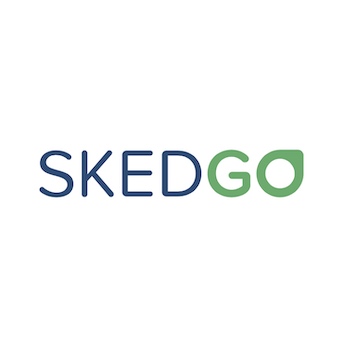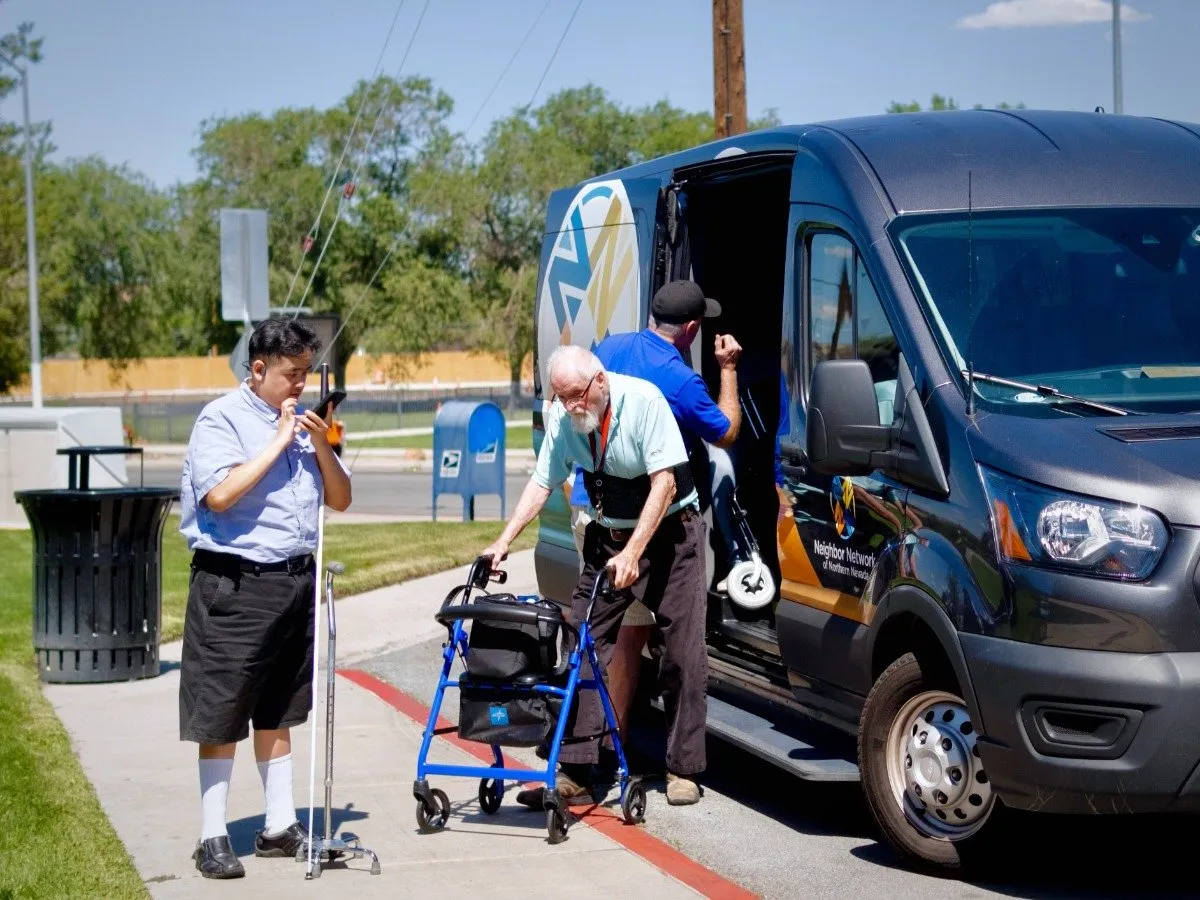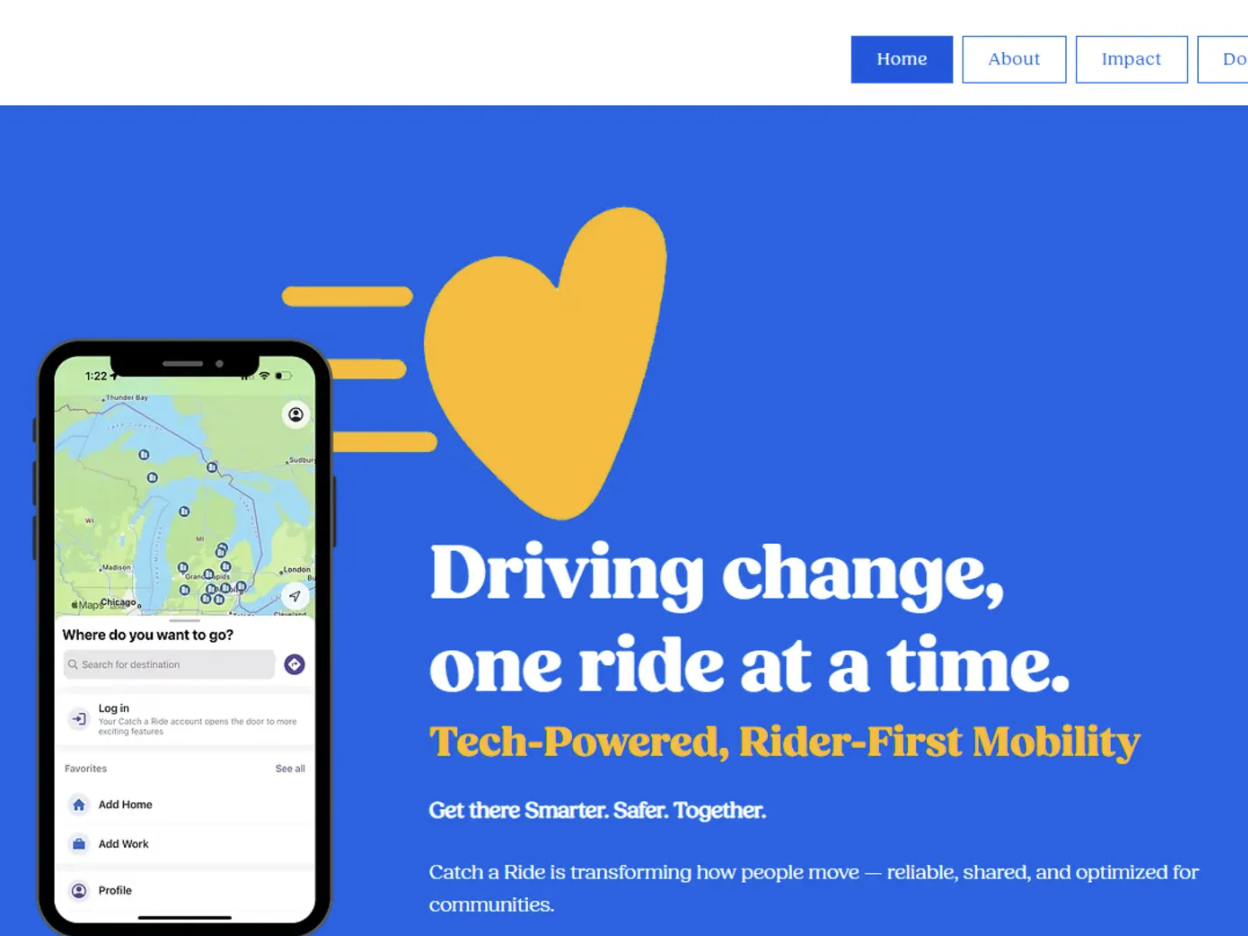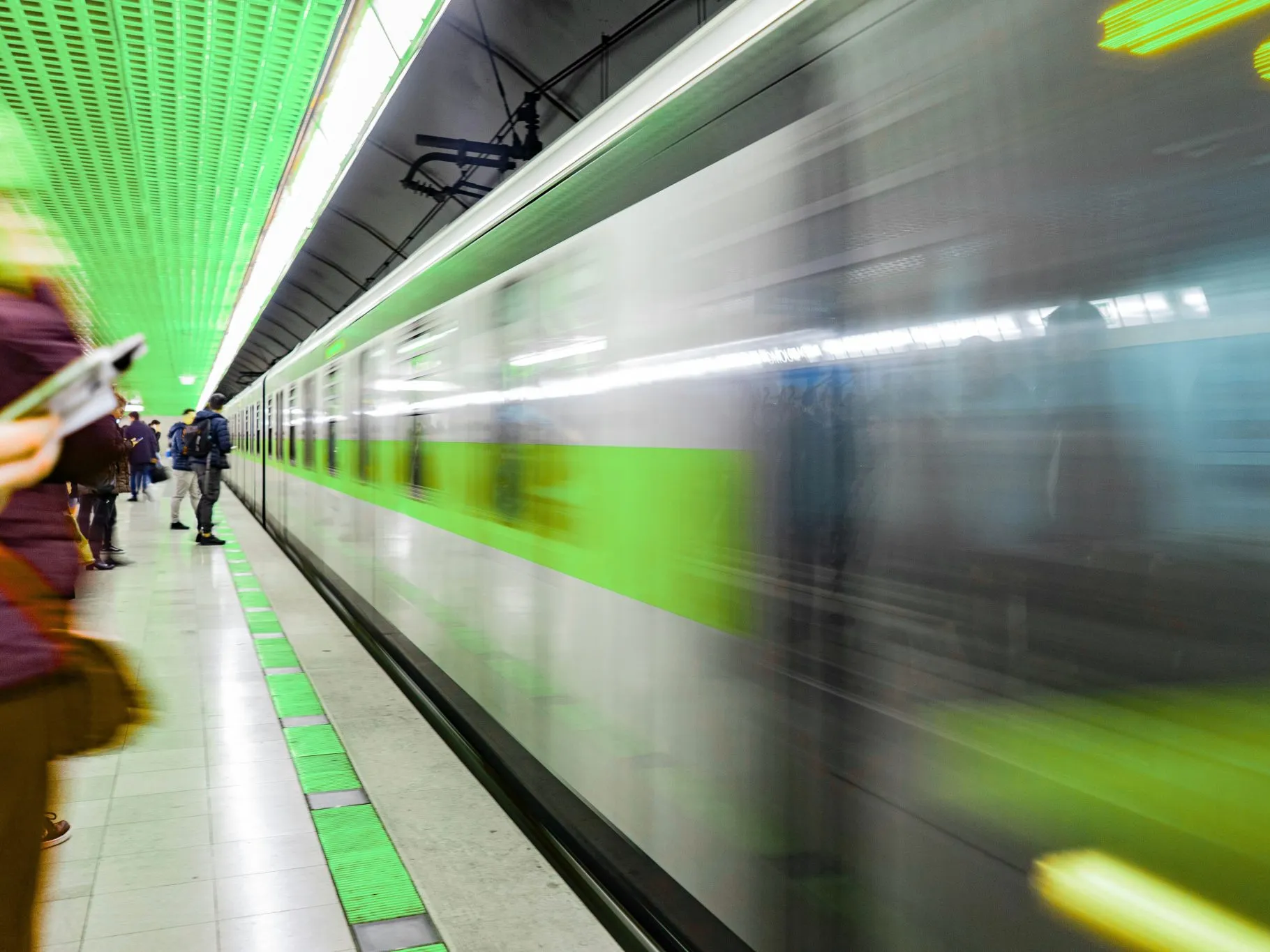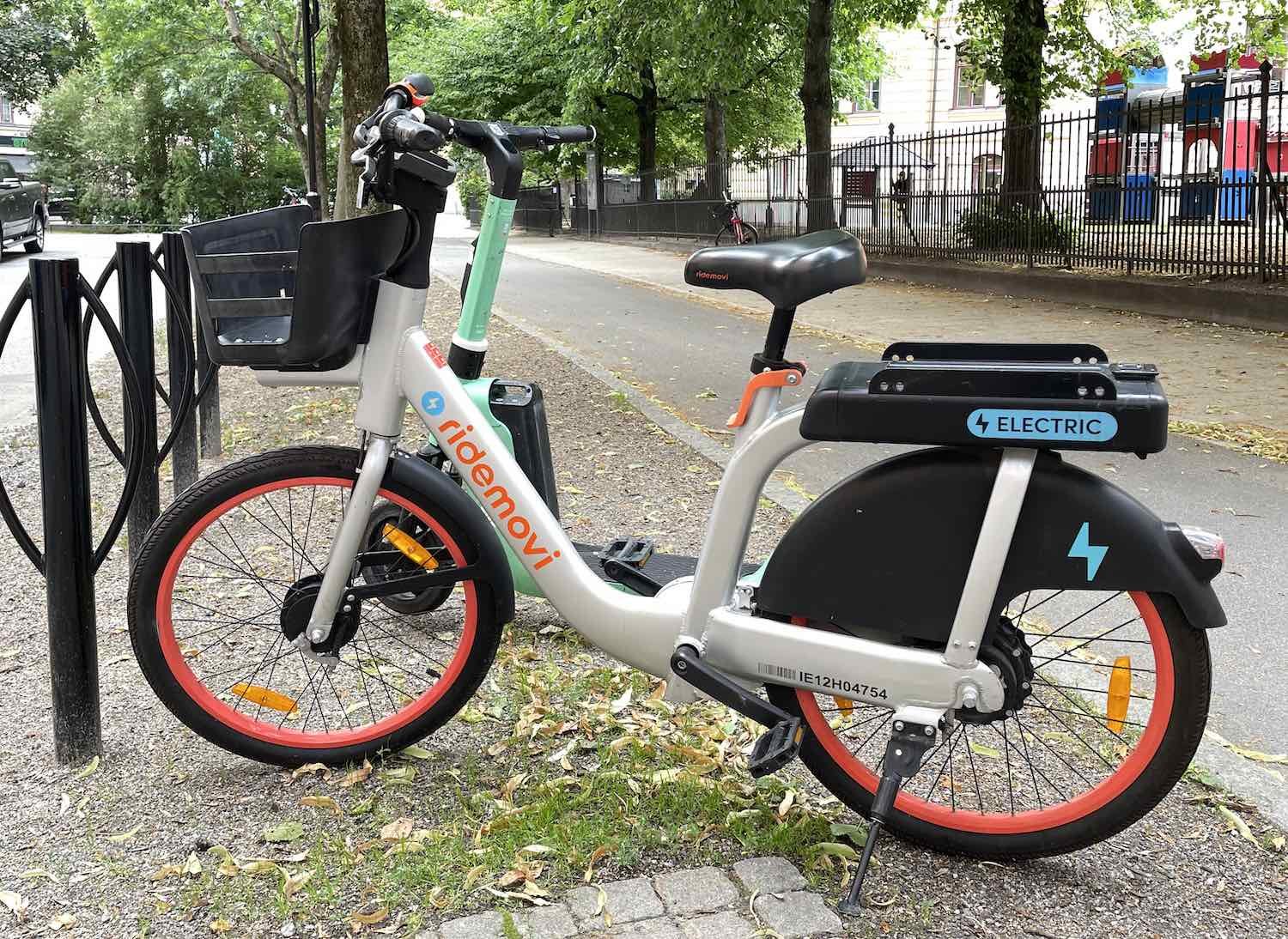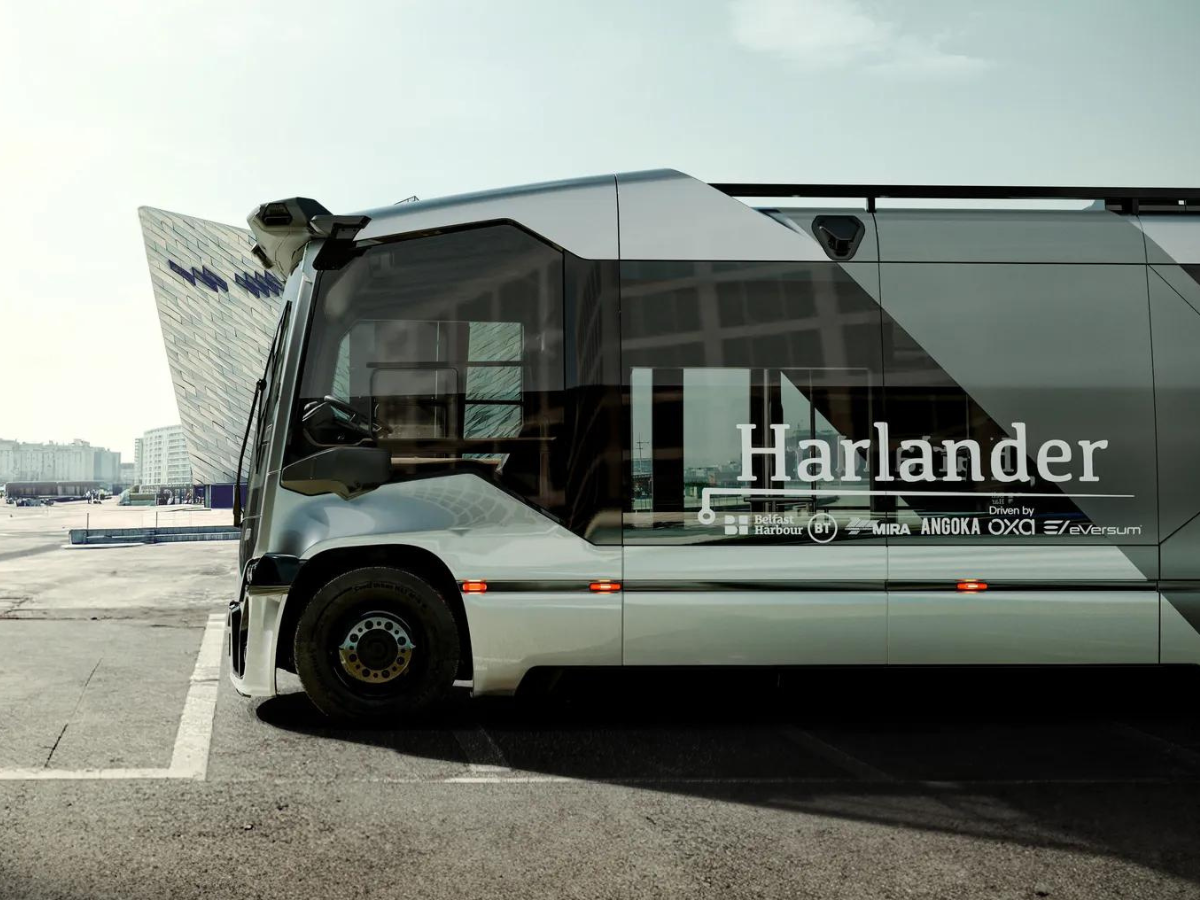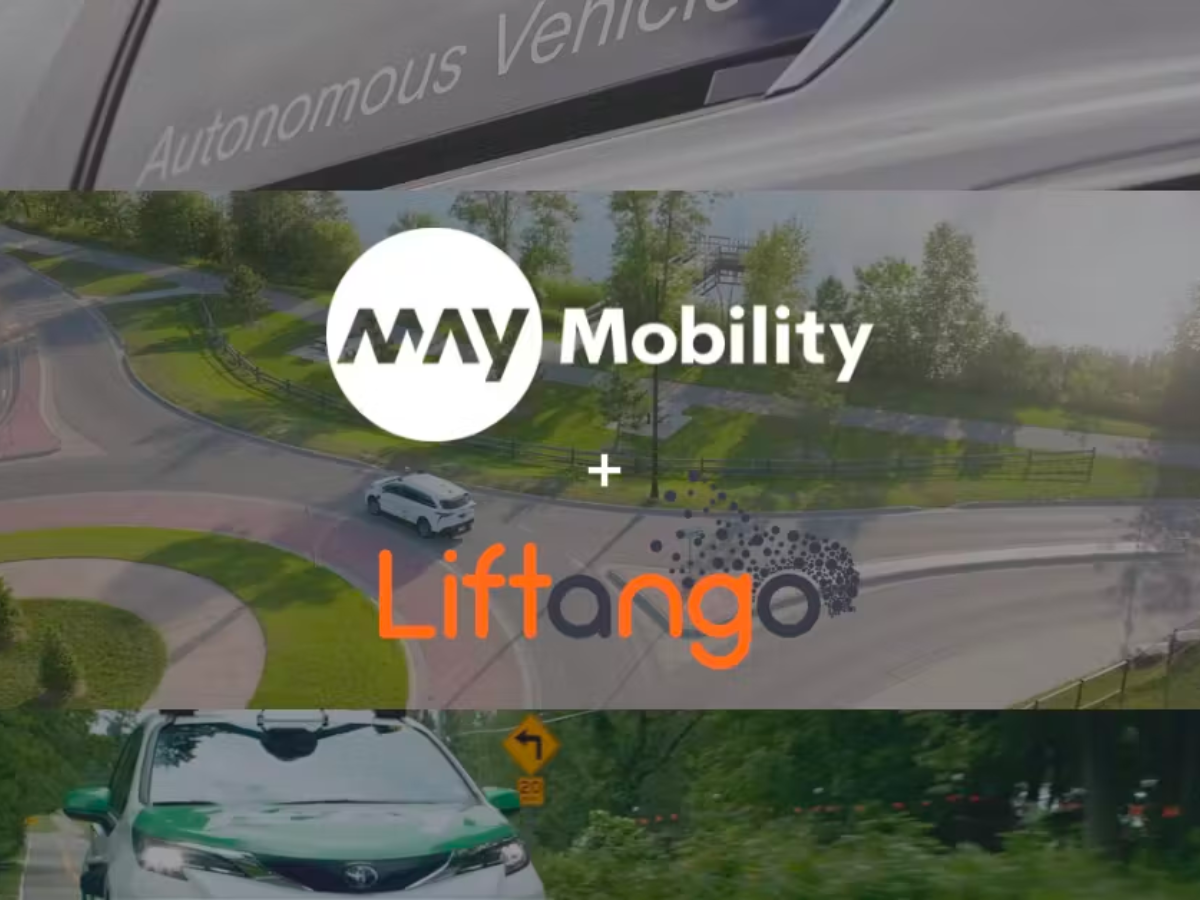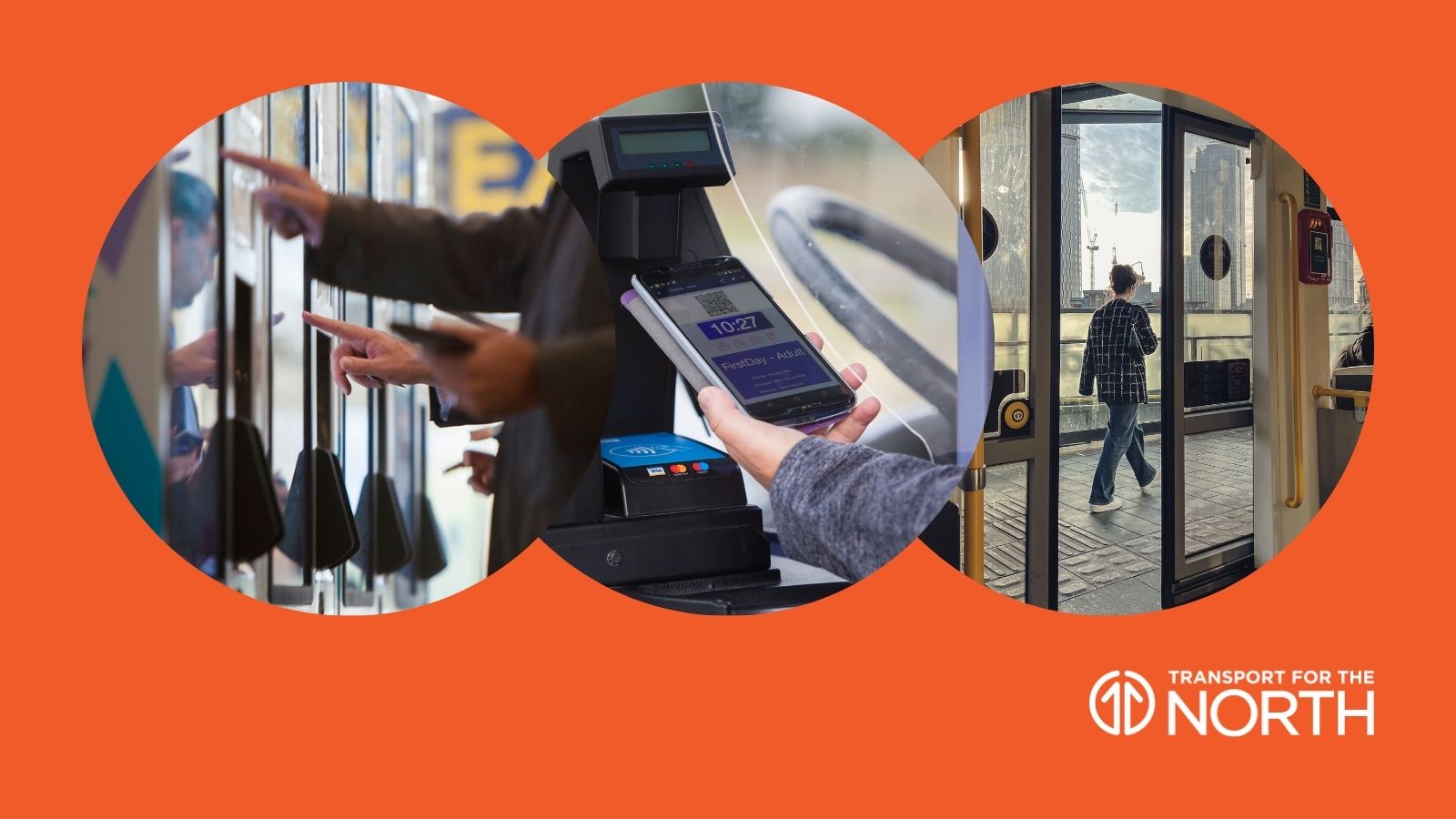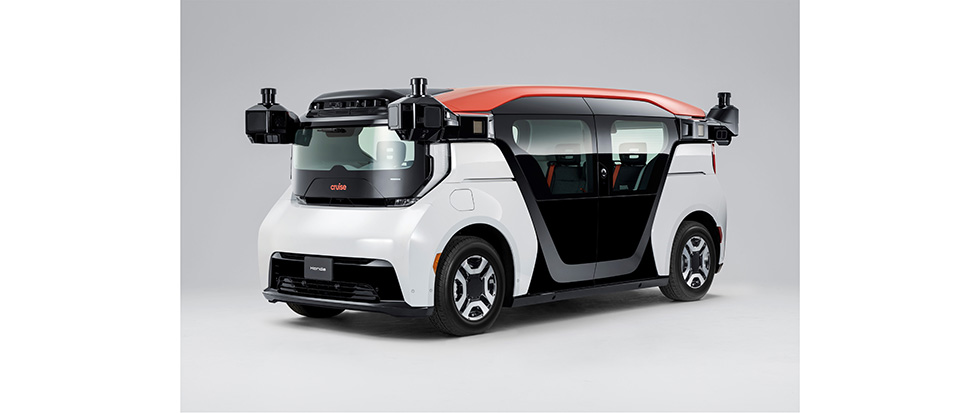Author: John Nuutinen, SkedGo CEO
In an era of modern mobility, staying ahead of the curve is paramount. The days of providing generic, one-size-fits-all transport solutions are long gone. Instead, public and private operators must strive to create experiences that are personalised to the needs of individual travellers. Keeping up with changing demand is key to successful service provision.
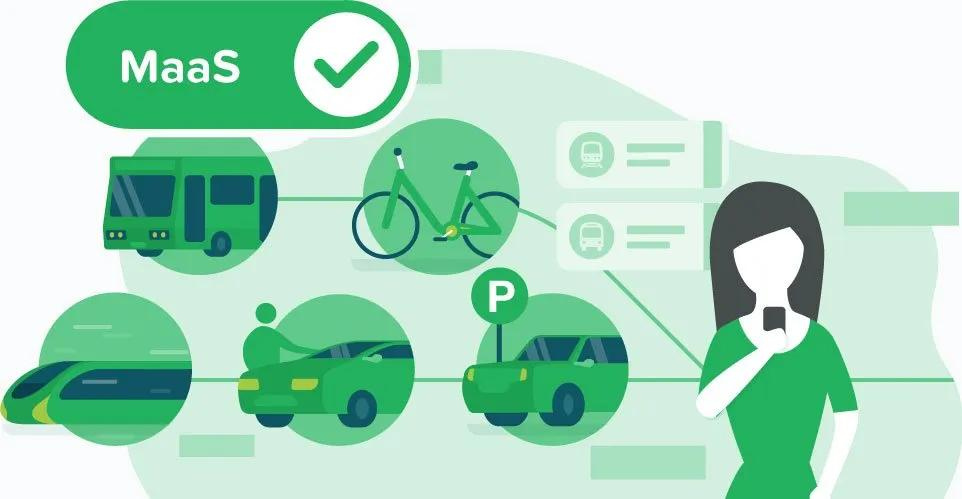
In this article, we’ll explore the intricate dance between customer expectations and the world of mobility services. From the moment a passenger steps foot into a vehicle to the seamless journey they embark upon, the pressure to make the mark is palpable. It’s a journey that requires innovation, adaptability, and a deep understanding of consumer needs and behaviours.
Evolving Customer Expectations
A recent report highlighted that consumers are demanding greater convenience, flexibility and premium services, resulting in the growth of on-demand transport services and subscription-based models. Elsewhere, Deloitte points to an expected increase in electric vehicle sales with worldwide enthusiasm from consumers, while the rail industry in the UK, for example, is seeing a drop in the number of commuters and a shift towards leisure travel, making it more of a discretionary spend.
These are just some of the changes taking place and the reasons are varied. The Victoria Transport Policy Institute in Australia highlights factors such as an ageing population, increased fuel costs, urbanisation, homeworking, health and environmental issues, and a shift in consumer preference away from private car use towards, for example, active travel and public transport. This gives rise to the fact that there are many aspects which influence consumer choices and their ultimate actions.
Rise in On-Demand Services
The desire for convenience, comfort, and flexibility is clearly at the forefront of customer expectations. Time is an individual’s most valuable resource, and while there’s much concern about the environment, this is balanced with the realities of daily life, such as getting to work, school runs, medical appointments, grocery shopping and social and leisure activities.
According to an article in Intelligent Transport, micromobility has grown in popularity particularly for ‘short in-town trips’ as a convenient alternative to the car. This makes it ideal for the first/last mile where there’s a lack of public transport or within transport hubs to support multimodal journeys. There’s a growing interest in shared mobility rather than ownership too, particularly among younger generations albeit this is not exclusively the case. Of course, other issues may play a part: running a car is costly, particularly in the current cost of living crisis and much will depend on the availability of these alternative modes.
Personalised Mobility Experiences
Over the past few years, consumers have become accustomed to increased choice and more tailored experiences. This is prevalent across many industries, and transport is no exception. Operators need to take full account of this as consumers change how they use transport – and to satisfy demand in a commercially viable and environmentally sound manner.
We only have to look at the rise in travel between 2000 and 2019. According to the European Environment Agency, there was an increase of 20% in passenger travel, 86% in air travel, 18% in car transport, and 22% in freight transport. There’s no indication that this is likely to decline any time soon. Post-pandemic, the desire to travel has returned – and people want to move around on their own terms.
An important part of this is being able to access highly efficient customer service. As Dave Rayner, director of service solutions at Cubic Transportation Systems, points out, connected consumers expect to be able to engage with service providers quickly and easily from booking journeys to getting a fast response to travel-related questions. There’s little tolerance for time-wasting or lack of communication.
The good news is that with modern-day apps there’s no reason for poor customer service; technology can automatically update travellers when transport is running late, suggest alternative routes, and provide access to chatbots for simple queries with human support for more complex issues.
Aligning With Customer Demands
Meeting customer expectations isn’t without its challenges though, particularly when anticipating future travel behaviours. Research from McKinsey suggests that consumer demand for new mobility options is high. Over the next decade, 30% of respondents plan to use micromobility or shared mobility more often, and 46% are considering replacing private vehicles with other transport modes. This indicates a significant shift.
Transport providers will need to align with a more complex mix of modal requirements and review their business approach. When it comes to supporting consumers in accessing the best transport options, Mobility-as-a-Service (MaaS) has an important role to play. On the most basic level, it will help travellers to plan, book and pay for multimodal trips. When integrated with other services such as tourism, insurance or corporate applications it offers a new level of personalised service and convenience.
The Road Ahead
There’s no doubt that the transportation industry is undergoing significant change. The rise of on-demand services and the desire for convenience and flexibility have led to the popularity of micromobility and shared mobility options. Personalised mobility experiences and efficient customer service have become essential in meeting customer expectations. Furthermore, the growing interest in new mobility options indicates a significant shift in consumer behaviour.
To adapt to these changes, transport providers need to align with a more complex mix of modal requirements and embrace MaaS to offer personalised and convenient transportation solutions. As technology continues to advance, there’s great potential to enhance the customer experience and meet the evolving needs of travellers in a commercially viable and environmentally sustainable manner.
This article was originally published by SkedGo.


